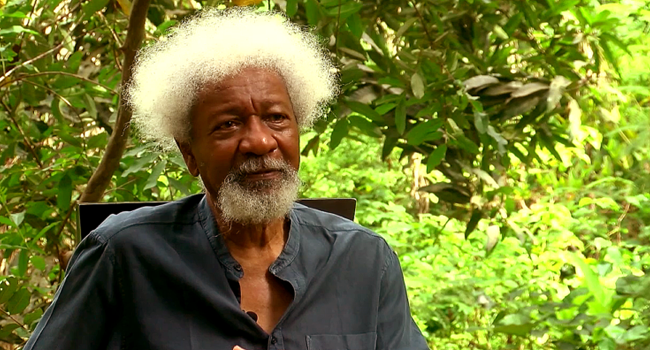
In the tense atmosphere of a nation grappling with unrest, hunger marches have erupted as a powerful symbol of desperation. Within days, over 14 Nigerians have lost their lives to the excessive use of force by security agencies, a tragic echo of past protests. Renowned playwright and Nobel laureate Wole Soyinka captures this grim reality with piercing clarity, highlighting the state’s persistent failure to manage civil dissent with humanity and foresight.
President Bola Tinubu’s recent address to the nation, though awaited with hope, skirted around a crucial issue: the alarming frequency with which peaceful protests are met with violence. Soyinka’s reflections draw a stark contrast between Nigeria’s response and global standards, particularly referencing the 2022/23 Yellow Vest protests in France. There, despite confrontations, law enforcement refrained from lethal measures, emphasizing de-escalation and public safety over brutality.
Hunger marches, Soyinka asserts, are a universal cry for help—a plea for bread, not bullets. They symbolize a breaking point, a test of governance’s sensitivity to public despair. Yet, the Nigerian response echoes the colonial disdain of yesteryears, immortalized in Hubert Ogunde’s folk opera Bread and Bullets. This nationalist work, which earned Ogunde persecution under colonial rule, remains a haunting reminder of history’s cyclical tragedies.
Soyinka’s lament transcends mere critique; it is a clarion call for transformation. The reliance on lethal force against citizens protesting for survival signifies not only a regression but a dangerous prelude to larger upheavals. He urges a fundamental shift—embedding restraint, dialogue, and compassion into the nation’s policing ethos.
As hunger marches continue, their symbolism grows more profound. They challenge Nigeria to confront its colonial legacy and forge a new path of dignity and justice. The time to break this vicious cycle is now, lest history’s lessons be ignored at an irreparable cost.


